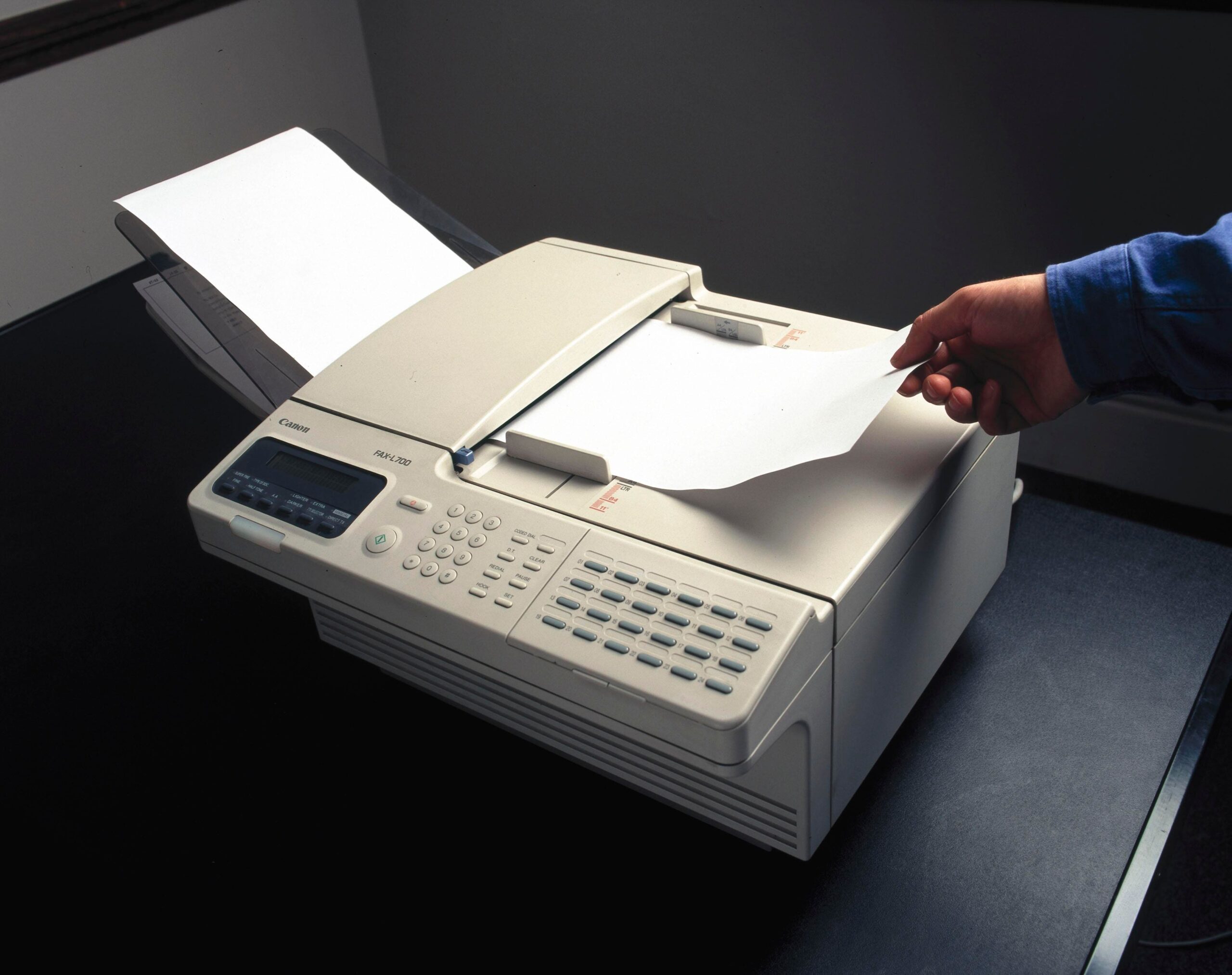The fax machine appears to unite the world in a collective eye-roll, and yet, it still persists. In fact, according to Paul Hsieh’s recent article, “The Perverse Persistence Of Fax Machines In American Medicine,” these humble contraptions still play a significant role in the US healthcare system. How’s that for a ringing endorsement of 21st-century technology?
The culprit, it seems, is a perfect storm of government incentives and compatibility issues. The well-intentioned HITECH Act of 2009 threw billions of dollars at medical systems to switch from paper to electronic records, inadvertently kick-starting a race to develop electronic health record (EHR) systems that were about as user-friendly as a Rubik’s cube. And without any provisions for compatibility between these hastily-built EHRs, we’re left in a technological limbo, where fax machines are still the go-to method for transferring records between hospitals. It’s as if our healthcare system is caught in a love triangle, torn between the allure of modernity and the comforting embrace of tried-and-tested analog technology.
Dr. Lloyd Minor of Stanford University highlights just how stubborn this relationship with fax machines can be, noting that many physicians still engage in activities like taking paper notes and scanning medical documents to avoid using EHRs. So while we may be inching closer to a paperless future, for now, it seems our dear friend the fax machine is still holding on tight, smugly reminding us that it’s not quite ready to be replaced. And so, we continue to dance this awkward tango, stuck between a rock and a hard place, waiting for the day when our technological advances finally catch up with our ambitions.


